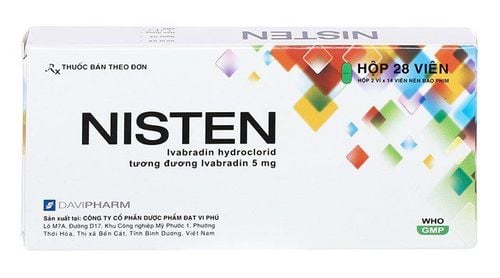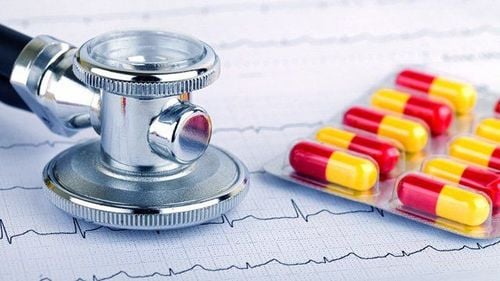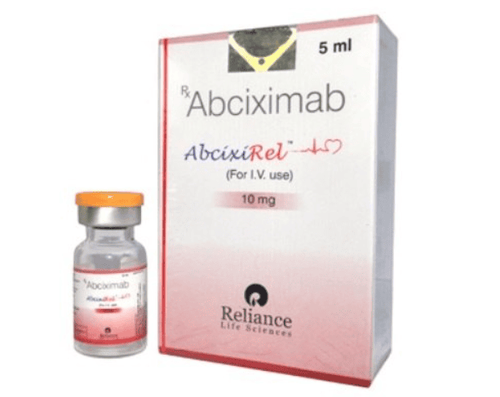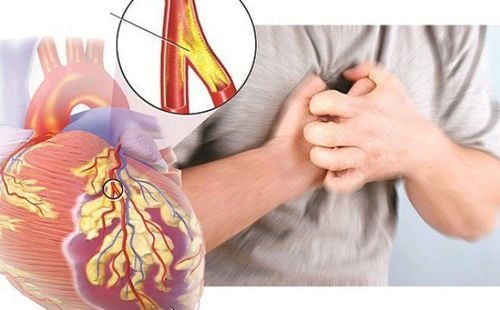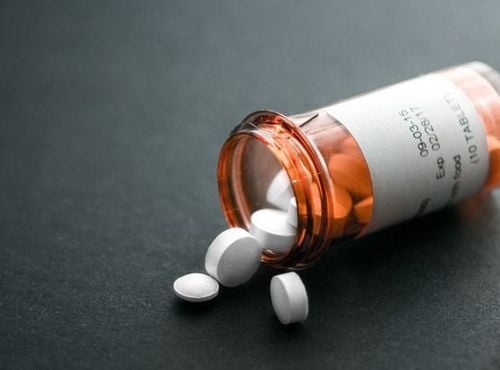This is an automatically translated article.
Acute coronary artery disease is the leading cause of death in cardiovascular diseases. Age is one of the major risk factors for acute coronary artery disease in the elderly. Among men, the rate increased to 24% between the ages of 65 and 74 and women from 14 to 28%.
1. Is coronary syndrome in the elderly dangerous?
Acute coronary syndrome is a condition in which the blood flow to the heart is completely blocked suddenly without warning. Acute coronary syndrome is also the acute manifestation of unstable angina and myocardial infarction.
MORE: Angina - a typical warning sign of coronary heart disease
This is the leading cause of death in cardiovascular diseases. According to statistics, every year 4 million people suffer from coronary artery disease, of which up to 25% die in the acute stage of the disease. The rest, if they can keep their lives, their quality of life will be reduced, seriously affecting their health. A As you age, the older you get, the higher your risk of developing the disease. According to the study, the average annual incidence of ACS in men increased by 24% between the ages of 65-74 and women by 14-28%.
Coronary heart disease in the elderly is often atypical such as shoulder pain, back pain or epigastric pain after eating, ... so it is difficult to recognize. The reason is because the development of atheroma takes place over many years, when the body is gradually acclimatized, there will be no symptoms of chest pain with mild exertion.
Besides, the elderly often suffer from diseases such as hypertension, valve calcification... so it will make coronary heart disease in the elderly become more severe.
Although the risk factors for coronary heart disease in the elderly and the young are the same, when it comes to the disease, the danger and risk in the elderly will be much greater than in the young. Those risks include:
Poorer response to treatment: Acute coronary syndrome has been controlled, but for people over 65 years of age, the risk of death is very high, because the treatment process is quite risky. and disadvantage. Using drugs easily causes side effects: As you age, organs in the body such as liver and kidneys will gradually weaken, thereby affecting drug metabolism, drug side effects, affecting treatment results. treat. High risk of surgery or stenting: When severe coronary artery stenosis is present, surgery or stenting is required to increase blood flow to the ischemic myocardium. However, older people are often unable to do so due to poor health and higher risks. Diet and exercise are more difficult to control: As you age, your body's health becomes weaker, so patients are often less active. However, for coronary artery disease, exercise is very valuable to help blood circulate in the body as well as increase heart endurance.
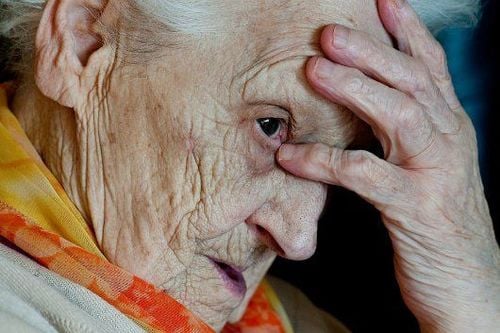
Một trong những nguy cơ dẫn đến bệnh động mạch vành đó chính là tuổi tác
2. Management of acute coronary syndromes in elderly patients
As the leading cause of death in cardiovascular diseases, especially for the elderly, the risk of death is higher. Therefore, the management of coronary heart disease in the elderly should be concerned to avoid other dangerous complications. The treatment of acute coronary syndromes in elderly patients usually follows the following criteria:Elderly patients with non-ST-segment elevation acute coronary syndromes should be treated according to recommended guidelines as well as appropriate early intervention and reperfusion treatment strategies. Drug therapy in elderly patients with non-ST-segment elevation acute coronary syndromes should be individualized and dose adjusted according to weight and creatinine clearance in order to limit some of the adverse effects caused by these changes. Age-related changes in pharmacokinetics/pharmacodynamics, drug interactions, volume of distribution, underlying disease, and increased drug sensitivity. When deciding to treat older patients with non-ST-segment elevation acute coronary syndromes, priority is given to the patient, considering the patient's goals as well as functional status, cognition, and life expectancy. . In addition, patients should use Bivalirudin in elderly patients with NSTE. Bivalirudin should be used even at the beginning of treatment and during PCI. Bivalirudin has less risk of bleeding. CABG should be selected in elderly patients with ACS, suitable for surgery, in patients with diabetes or tri-vessel disease. Note, the treatment and prevention process requires a controlled diet and regular exercise, people with coronary heart disease in general, depending on their strength should walk from 30-60 minutes a day, but should not be too strenuous, every day should try to exercise a little more to help the heart increase better tolerance.
Currently, Cardiovascular Center - Vinmec International General Hospital is one of the leading centers in the country for examination, diagnosis, screening and treatment of cardiovascular diseases in general and cardiovascular diseases. rim in particular. With the convergence of a team of experienced and reputable experts in the field of surgery, internal medicine, interventional cardiac catheterization and the application of advanced techniques in the diagnosis and treatment of diseases. Cardiovascular management, along with a system of modern equipment, on par with the most prestigious hospitals in the world such as: 3 Tesla MRI (Siemens), 640 CT machine (Toshiba), other equipment Advanced endoscope EVIS EXERA III (Olympus Japan), Avace advanced anesthesia system, Hybrid operating room according to international standards... The Cardiovascular Center at Vinmec International General Hospital has achieved many successes. work and gain the trust of a large number of patients.
Customers wishing to use the service can contact Vinmec International General Hospital for service.
Please dial HOTLINE for more information or register for an appointment HERE. Download MyVinmec app to make appointments faster and to manage your bookings easily.




